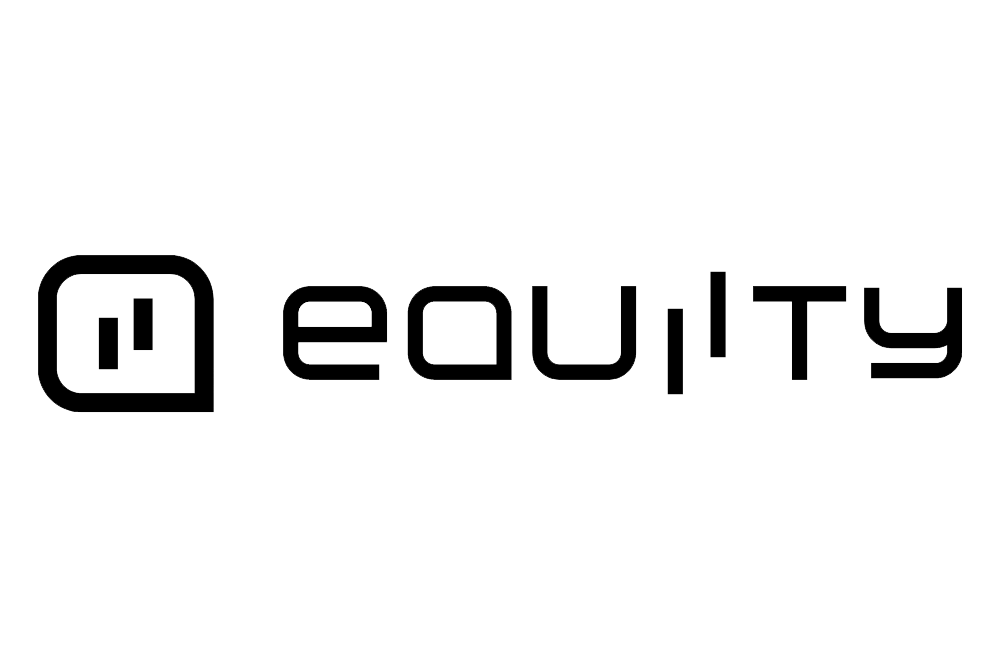Google has removed several global crypto apps, including Binance and Kraken, from its Play Store in India. This move is the latest setback for India’s aspirations in the web3 space, as it comes two weeks after these international cryptocurrency exchanges were flagged for allegedly operating unlawfully in the South Asian Market.
The Financial Intelligence Unit (FIU), an Indian government agency responsible for monitoring financial transactions, issued show-cause notices to nine cryptocurrency firms last month, claiming they did not comply with India’s anti-money laundering regulations. Apple had already removed these apps earlier this week, and telecom networks and internet service providers began blocking access to the websites of these cryptocurrency exchanges on Thursday evening.
The FIU had requested the Indian IT Ministry to block the websites of all nine services in India. Other exchanges whose apps have been removed include Huobi, Gate.io, Bittrex, and Bitfinex. Binance stated on Saturday, before its Android app was removed, that, ‘We are aware of an IP block affecting a number of crypto firms, including Binance. This only affects users trying to access the Indian iOS app store or the Binance website from India. Existing users who already have the Binance app are not affected. We remain committed to adhering to local regulations and laws and are dedicated to maintaining active communication with regulators to ensure user protection and the development of a healthy Web3 industry.’
In the backdrop of India’s hefty 30% capital gains tax and 1% transaction levy imposed in 2022, many domestic cryptocurrency traders have shifted to global platforms with less stringent know-your-customer procedures. This regulatory loophole, combined with a broader decline in the cryptocurrency market, has led to a 97% drop in trading activity on WazirX, a popular Indian exchange, over the past two years.
Despite this trend, well-funded Indian platforms like CoinSwitch Kuber and CoinDCX enforce strict identification verification. However, traders migrating to international competitors appear to avoid such scrutiny, which has raised concerns about tax avoidance according to fiscal authorities.
Ashish Singhal, co-founder and CEO of CoinSwitch, expressed his views, saying, ‘CoinSwitch and CoinSwitch PRO, along with several other Indian VDA exchanges, are already compliant with India’s PMLA requirements for VASPs, and there is no reason why offshore exchanges shouldn’t do the same if they wish to conduct business in India. Offshore exchanges should actively consider registering with the FIU-IND and complying with India’s AML and CFT measures, as this would also enhance consumer protection in India through increased regulatory oversight of the ecosystem.
India has historically maintained a strict stance on cryptocurrencies and the companies facilitating their trade. Approximately five years ago, the Reserve Bank of India imposed a cryptocurrency ban in the country, although it was later overturned by India’s Supreme Court. Nevertheless, the central bank has continued to advocate for outlawing cryptocurrencies, with its top officials likening virtual digital assets to Ponzi schemes.
Read also- Bitcoin Forecast: $200K Potential with ETF Approval




